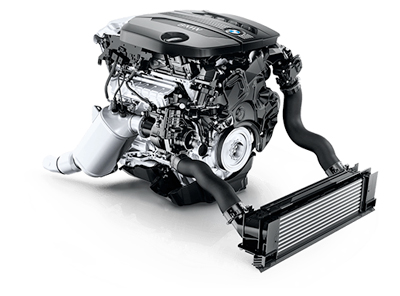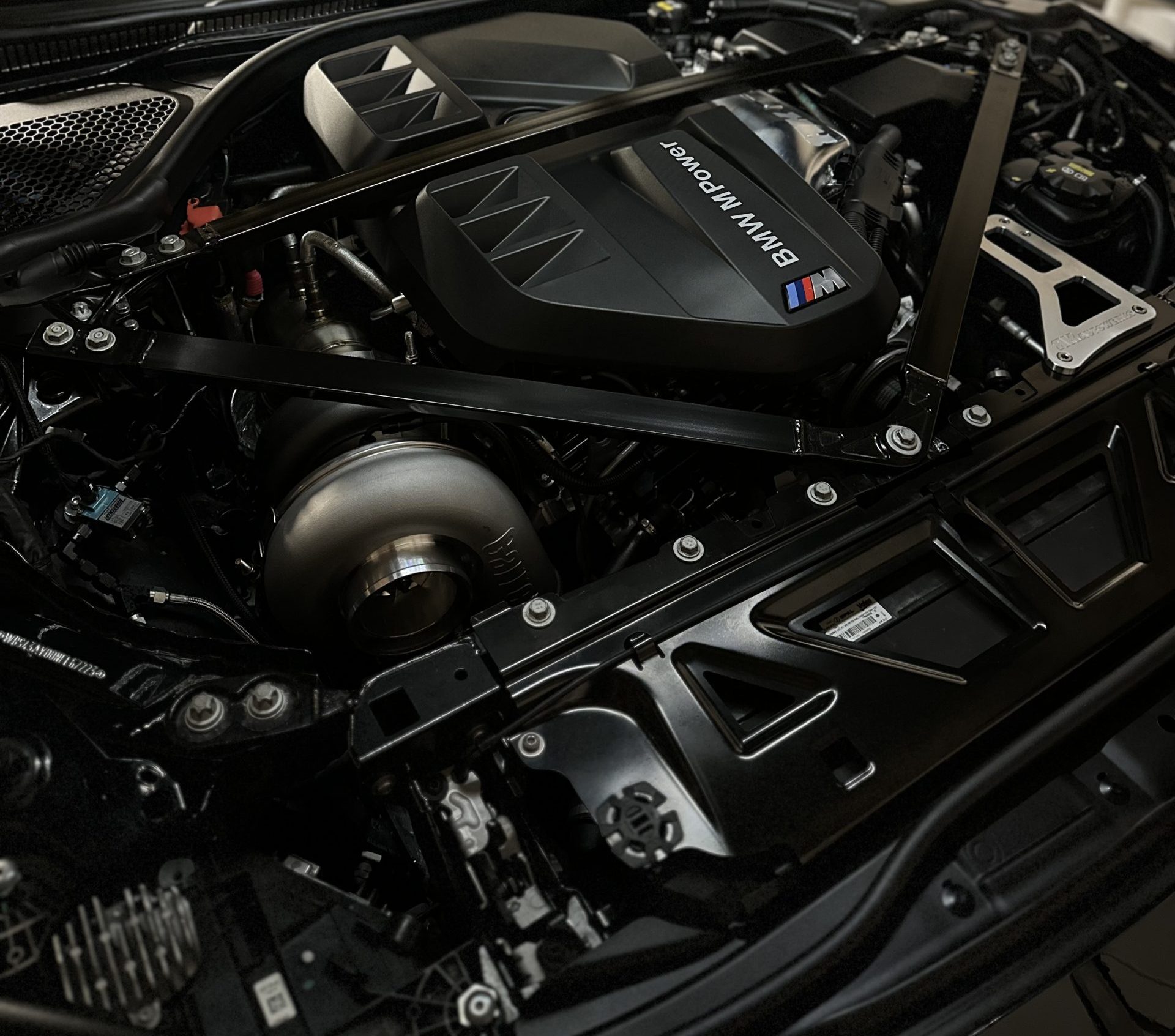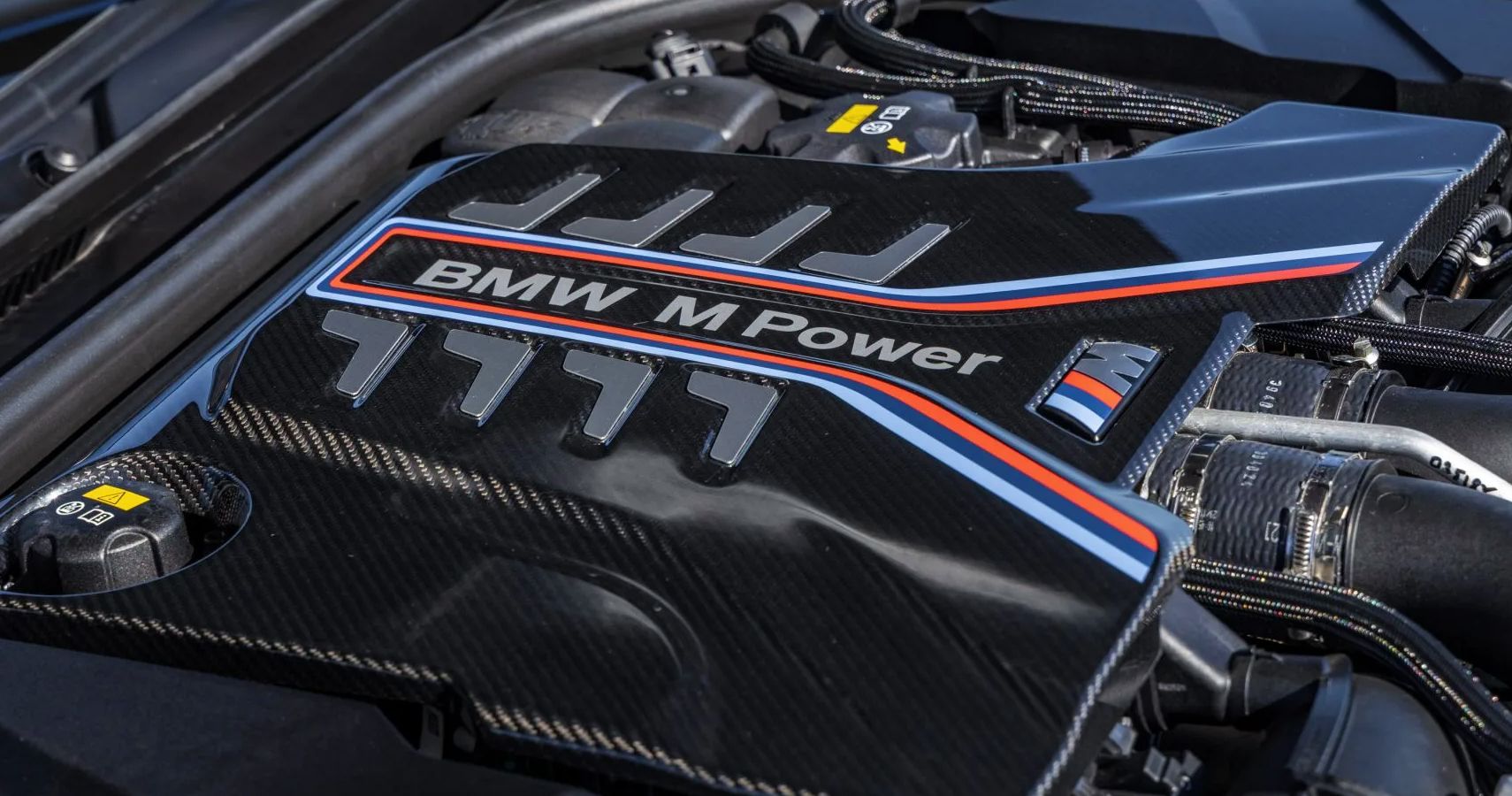Why the BMW Engine Is Thought About Among the very best in Luxury Vehicles
Why the BMW Engine Is Thought About Among the very best in Luxury Vehicles
Blog Article
Revealing the Intricacies of Next-Generation Power Units: a Deep Study Advanced Engine Innovations and designs
In the realm of automotive engineering, the relentless pursuit of sustainability, efficiency, and performance has actually driven the development of power devices to unmatched heights. As we base on the precipice of a new period in transportation, the details of next-generation engine layouts bid us to discover the innovative innovations and developments that promise to redefine the driving experience. From advanced products that push the boundaries of resilience and weight reduction to innovative turbocharging and turbo charging systems that elevate power output to brand-new levels, each component of these power devices holds a crucial to unlocking the future of automotive design. Delving much deeper right into the realms of exhaust control, smart engine management systems, and the perspective of power system development, we locate ourselves on the cusp of an improvement that guarantees to reshape the landscape of wheelchair as we understand it.
Development of Engine Products

The change in the direction of advanced engine materials has also allowed designers to make engines with greater power outputs while maintaining fuel efficiency requirements. The usage of light-weight products minimizes the general weight of the engine, leading to enhanced gas economic climate and lower discharges. Furthermore, improvements in materials innovation have enabled for far better thermal administration within engines, leading to enhanced reliability and longevity.
Turbocharging and Supercharging Technologies
Just How do Turbocharging and Supercharging Technologies reinvent engine performance and efficiency in modern-day cars? Turbocharging and supercharging are innovations that considerably enhance engine efficiency by enhancing the quantity of air intake into the burning chamber. Turbocharging achieves this by utilizing a wind turbine driven by exhaust gases to pressurize the intake air, while supercharging uses a belt- or chain-driven compressor to achieve the same effect.
These technologies enable smaller sized, more fuel-efficient engines to produce power equal to larger ones, referred to as downsizing. By forcing even more air into the cyndrical tubes, turbo charging and turbocharging improve combustion performance, leading to raised horsepower and torque result without a significant boost in engine dimension. This results in far better acceleration, pulling capacity, and general driving efficiency.
Moreover, turbocharging and turbo charging contribute to enhanced gas efficiency by allowing the use of smaller sized engines that eat less fuel under typical driving problems - bmw engine. This combination of enhanced efficiency and performance has made turbocharging and supercharging important parts of numerous contemporary engine styles
Emission Control and Environmental Impact
With enhancing worldwide problems regarding air high quality and environmental sustainability, the application of exhaust control modern technologies in vehicles plays a vital duty in reducing damaging contaminants launched into the ambience. Modern automobiles are outfitted with innovative exhaust control systems that aid decrease the ecological influence of auto procedures. Catalytic converters, for example, are designed to transform poisonous gases such as carbon monoxide gas, nitrogen oxides, and hydrocarbons right into much less unsafe materials like co2 and water vapor.
In addition, innovations in engine modern technology, such as the combination of exhaust gas recirculation systems and careful catalytic reduction, have actually considerably added to lowering exhausts. These technologies operate in tandem to optimize combustion efficiency and lessen the launch of harmful toxins into the air. Furthermore, the advancement of hybrid and electrical cars represents a vital step towards reducing the total ecological footprint of the transport market.
Intelligent Engine Administration Systems

Additionally, these systems make it possible for automobiles to fulfill rigid emissions criteria without compromising efficiency, providing an extra environmentally pleasant driving experience. The integration of expert system and artificial intelligence capacities in engine management systems proceeds to push the limits of what is feasible, resulting in more improvements in performance, dependability, and overall lorry efficiency. bmw engine. As vehicle technology developments, intelligent engine administration systems will certainly play an important duty fit the future of transportation in the direction of an extra sustainable and effective direction
Future Trends in Power System Development
As intelligent engine management systems pave the way for enhanced control and optimization in contemporary cars, future patterns in power system advancement are poised to redefine the landscape of vehicle propulsion innovations. These different power resources offer improved efficiency and efficiency while aligning with stringent ecological regulations.
An additional substantial pattern is the integration of advanced materials and making strategies. Lightweight materials such as carbon fiber and light weight aluminum are being made use of to minimize overall vehicle weight, boosting fuel efficiency and efficiency. Furthermore, improvements in 3D printing and additive manufacturing are making it possible for the manufacturing of complex engine parts with greater precision and resilience.
Furthermore, expert system and machine understanding are playing a vital function in optimizing power device efficiency. These modern technologies enable for real-time monitoring and flexible control, resulting in more reliable and reliable power delivery. Generally, future trends in power device development are tailored in the direction of sustainability, performance, and performance, driving the automobile sector towards a brand-new era of propulsion innovations.

Final Thought
To conclude, the advancements in engine products, turbocharging, emission control, and smart management systems have actually led the way for next-generation power devices. These developments have not just enhanced performance and performance however also lowered environmental influence. As innovation continues to progress, future trends in power system development are most likely to concentrate on more enhancing sustainability and enhancing power output. The elaborate layouts and advancements in modern engines display the recurring evolution of vehicle modern technology.
Discovering the dynamic advancements in engine materials has been critical in improving the efficiency and effectiveness of modern-day engines. Over the years, discover here the advancement of engine products has actually played an essential role in pushing the boundaries of what engines can accomplish.The shift towards advanced engine materials has actually likewise enabled engineers to design engines with higher power outcomes while maintaining fuel effectiveness standards.The execution of smart engine management systems in contemporary lorries has actually changed the means engines are regulated and enhanced for performance and effectiveness. By collecting data in real-time and analyzing it with sophisticated formulas, smart engine administration systems can adapt to driving styles, ecological aspects, and engine health and wellness to make best use of power result while lessening fuel consumption and exhausts.
Report this page